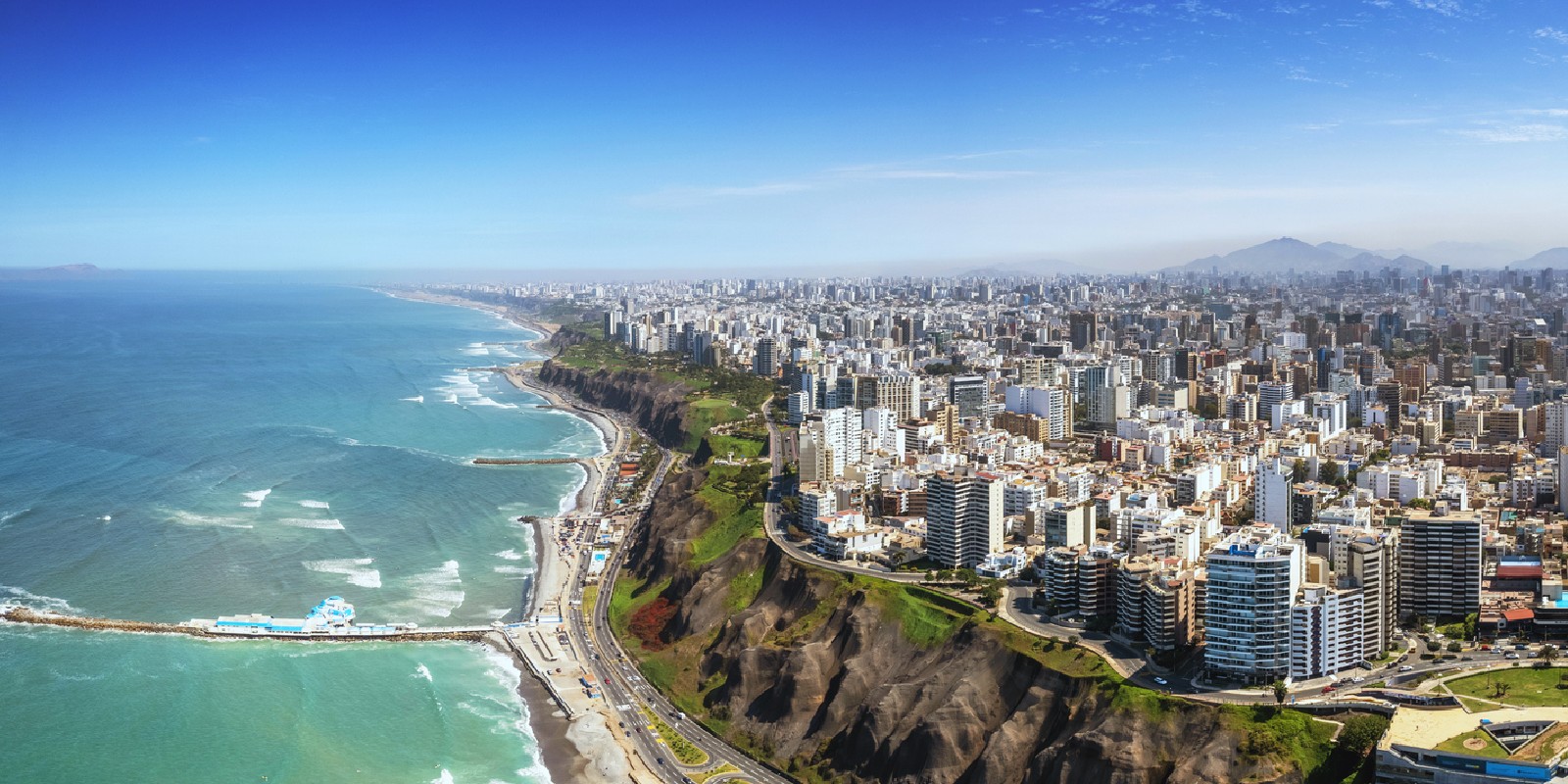- The project includes the construction and the operation of the concession for 30 years, incorporating cutting-edge traffic control technology

ACCIONA, Ferrovial and Sacyr have been awarded the construction and 30-year operation of a new 34.8-kilometer urban toll road concession in the metropolitan area of Lima (Peru). The project, approved by Peru's Private Investment Promotion Agency (Proinversión) and the country's Ministry of Transport and Communications, involves a planned investment of US$3.4 billion (€3.13 billion) which includes contributions of public funds by the government.
The new Peripheral (‘Anillo Vial Periférico’, AVP) will link eleven districts in the Lima Metropolitan province and one additional district in the province of Callao, serving an estimated 4.5 million people.
The project will provide access to national highways starting or ending in Lima (Panamericana Norte, Panamericana Sur and Carretera Central) and will be integrated into the local road network. It will improve circulation in the Peruvian capital by allowing a smoother flow of traffic, with an estimated 50% reduction in average transport duration.
The AVP road will be executed under a co-financed public-private partnership model, whereby toll revenues will cover operation and maintenance costs, while partially providing the initial investment for the construction of the infrastructure. ACCIONA and Sacyr each hold a 32.5% stake in the consortium. Ferrovial holds the remaining 35%.
The road is classed as a ‘smart highway’. It will incorporate the most advanced technology for traffic management, implementing the use of cameras and other systems for its supervision, with a rapid response model for all types of incidents. It will also install cutting-edge signaling, lighting and safety systems.
It is estimated that the project will create around 5,000 direct jobs during its construction phase. The increase in economic activity resulting from the construction of the AVP road will create 70,000 jobs, boosting the development of the capital's metropolitan area.
VAST EXPERIENCE
ACCIONA has extensive experience in the Peruvian infrastructure market, where it has been present since 1998, and has developed major projects, especially in the water treatment sector, such as the Talara desalination plant, the La Chira wastewater treatment plant and the Arequipa wastewater treatment plant.
It is also in charge of water management in Lima for the Lima Drinking Water and Sewerage Service (Sedapal) and has undertaken important construction projects, such as the Daniel Alcides Carrión hospital and the Pucallpa prison.
In early 2024, ACCIONA completed the construction of the Pachacútec Wastewater Treatment Plant (WWTP), located in the district of Ventanilla (Lima), which is part of the third stage of the ‘Drinking Water and Sewerage System Expansion and Improvement Plan for the Pachacútec Macroproject'.
In 2022, ACCIONA was awarded the concession contract for the design, financing, construction, operation and maintenance of an electricity transmission network that will benefit 1.3 million people between Reque and Nueva Carhuaquero, as well as in Nueva Tumbes and Tumbes, in the north of the country.
A year later, the company also won the concession contract for the design, financing, construction, operation and maintenance of two power transmission lines that will benefit 370,000 people between Ica and Poroma, in southern Peru, as well as in Cáclic and Jaén, in the north of the country.
ACCIONA has also participated in the construction of a pumping system for the copper ore processing plant of the Antamina project, in the province of Huari, as well as in the construction of the new air traffic tower for the Jorge Chávez International Airport in Lima.
In February 2022, ACCIONA Energía undertook its first project in Peru with the construction of the 131.1MW San Juan de Marcona wind farm in the department of Ica.
ACCIONA is also present in Peru through its foundation acciona.org, with the aim of bringing clean and sustainable energy, drinking water and other basic infrastructure to low-income people living in isolated communities.